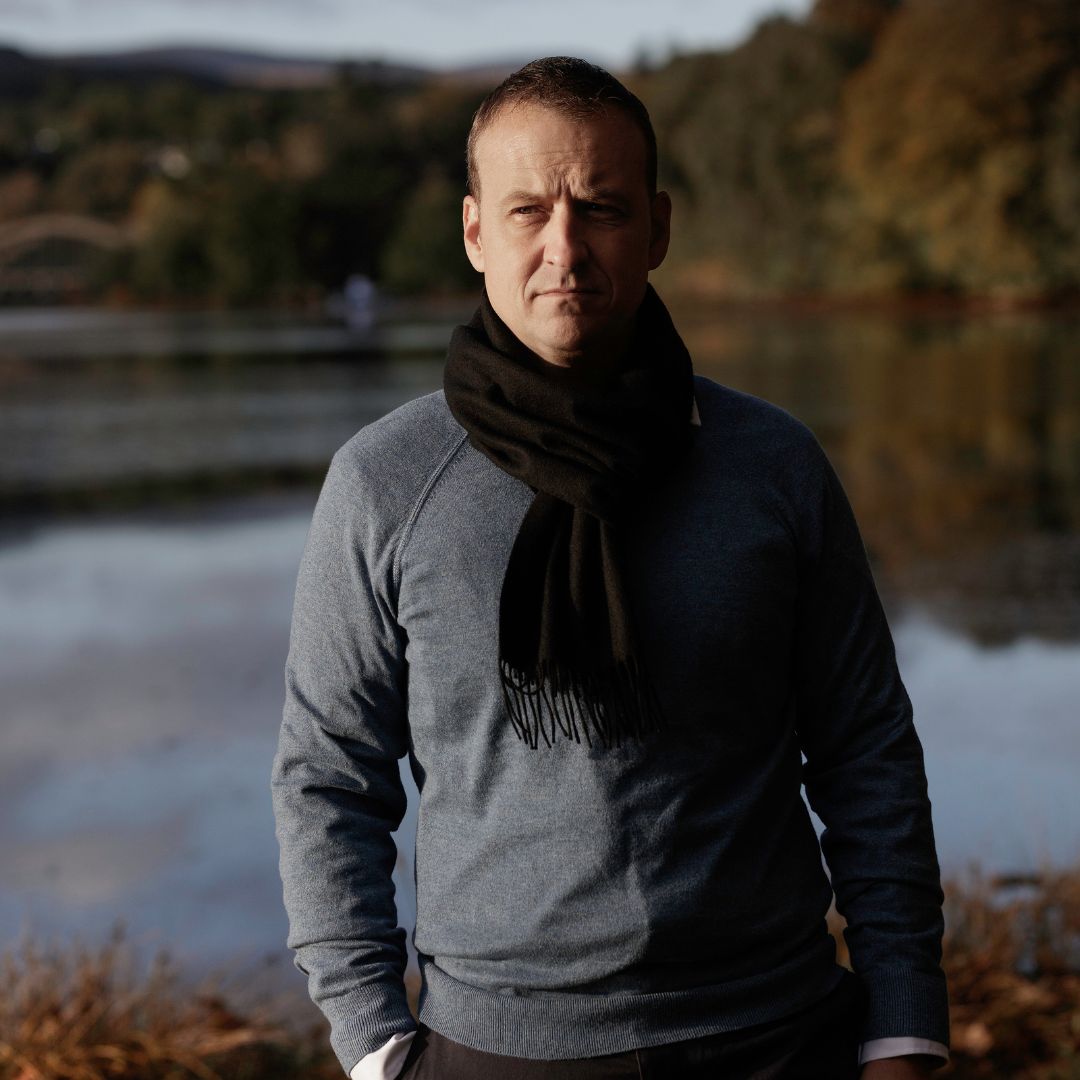As a child you could easily make friends over a shared love of pencils or unicorns. During your teenage years you might have had a BFF – keeper of all your secrets. In adulthood things can become more complicated with relationships, family, work, and a range of other things that pull time and energy.
Friends that you might have seen a few times a week you might now only see a few times a year. For good and bad reasons some friends you might not see again. As a result networks can get smaller and it is easy to find yourself in a situation where most of your friends look and sound like you. Rather than a social circle you might have an echo chamber.
In the same way we campaign for diversity at work we should also apply this ethic to our personal lives. Ensuring we have a diverse network of friends and acquaintances is important. We know that one of the key indicators of a happy life is a strong network of friends and relationships. So how can we nurture a diverse group of friends?
Although it might sound harsh, we can start by doing a little audit of our social networks. Are there friends of both genders and people that are at least a decade older or younger? What about people from different social classes, sexuality, ethnicity and education?
To live fully we need variety and stimulation. In the same way we wouldn’t want to eat the same food each day, why would we want to constantly expose our brain and emotions to the same people? Invite others into your life and allow them to hold a mirror, not just to yourself, but your selves. We are multi-faceted and that should be reflected by our friends.
Sign up for our Mailing List
We promise we won’t flood your inbox with things that aren’t beautiful.






